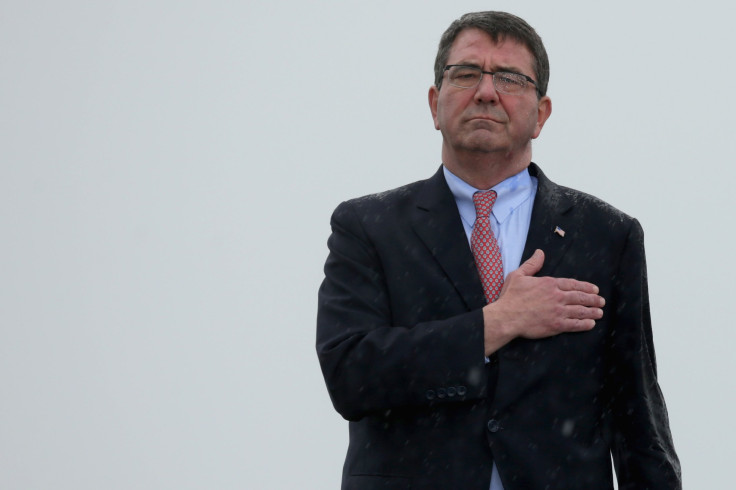Who Is Ashton Carter? 5 Things To Know About Obama's Defense Secretary Nominee

President Barack Obama is set to nominate Ashton Carter to replace Chuck Hagel as defense secretary after Hagel indicated last month that he would resign from the post. Carter’s confirmation is expected to go smoothly, with Republicans said to be on board with Obama’s pick for defense secretary. Below are five things to know about Carter:
1. He’s already familiar with the Department of Defense. Carter was the Obama administration’s deputy secretary of defense from October 2011 to December 2013, according to his Defense Department bio. Before that post, he was undersecretary of defense for acquisition, technology and logistics from April 2009 to October 2011, where he “led the department’s efforts to accelerate the fulfillment of urgent operational needs; increase the department’s buying power; and strengthen the nation’s defense against emerging threats.” He departed from the department after Obama passed him up for defense secretary in favor of Hagel. Carter was also in the Defense Department during the Clinton administration, where he served as assistant secretary of defense for international security policy.
2. He was a theoretical physicist. Carter used that background to criticize former President Ronald Reagan’s ambitious “Star Wars” program that in part planned to shoot down Russian nuclear missiles with lasers from space. “In all cases, directed-energy weapons and other devices with the specifications needed for boost-phase intercept of ICBMs have not yet been built in the laboratory, much less in a form suitable for incorporation in a complete defense system,” Carter wrote in an April 1984 paper titled “Directed Energy Missile Defense in Space” while he was at the Massachusetts Institute of Technology near Boston.
3. He also was a Harvard professor. Carter was director of the Center for Science and International Affairs at Harvard’s John F. Kennedy School of Government. He was also the school’s editorial board chairman for international security.
4. He called for a first strike on North Korea. In 2006, Carter advocated for destroying North Korea’s long-range Taepodong missile if the isolationist country continued with its nuclear program. “[T]he United States should immediately make clear its intention to strike and destroy the North Korean Taepodong missile before it can be launched. This could be accomplished, for example, by a cruise missile launched from a submarine carrying a high-explosive warhead,” Carter wrote in a Washington Post op-ed with ex-Defense Secretary William Perry. This is a hard measure for President [George W.] Bush to take. It undoubtedly carries risk. But the risk of continuing inaction in the face of North Korea's race to threaten this country would be greater.”
5. He was on board for a troop increase in Iraq. That puts him in line with Hagel’s predecessor, Leon Panetta, who said Obama’s unwillingness to boost troop totals in Iraq beyond 2011 helped give rise to ISIS, according to the Washington Post.
© Copyright IBTimes 2024. All rights reserved.





















